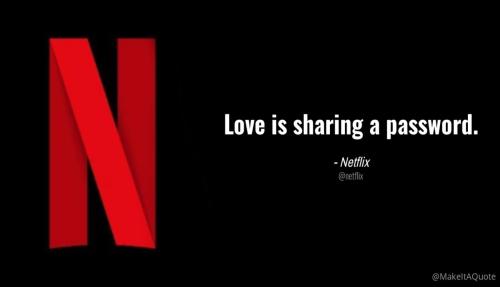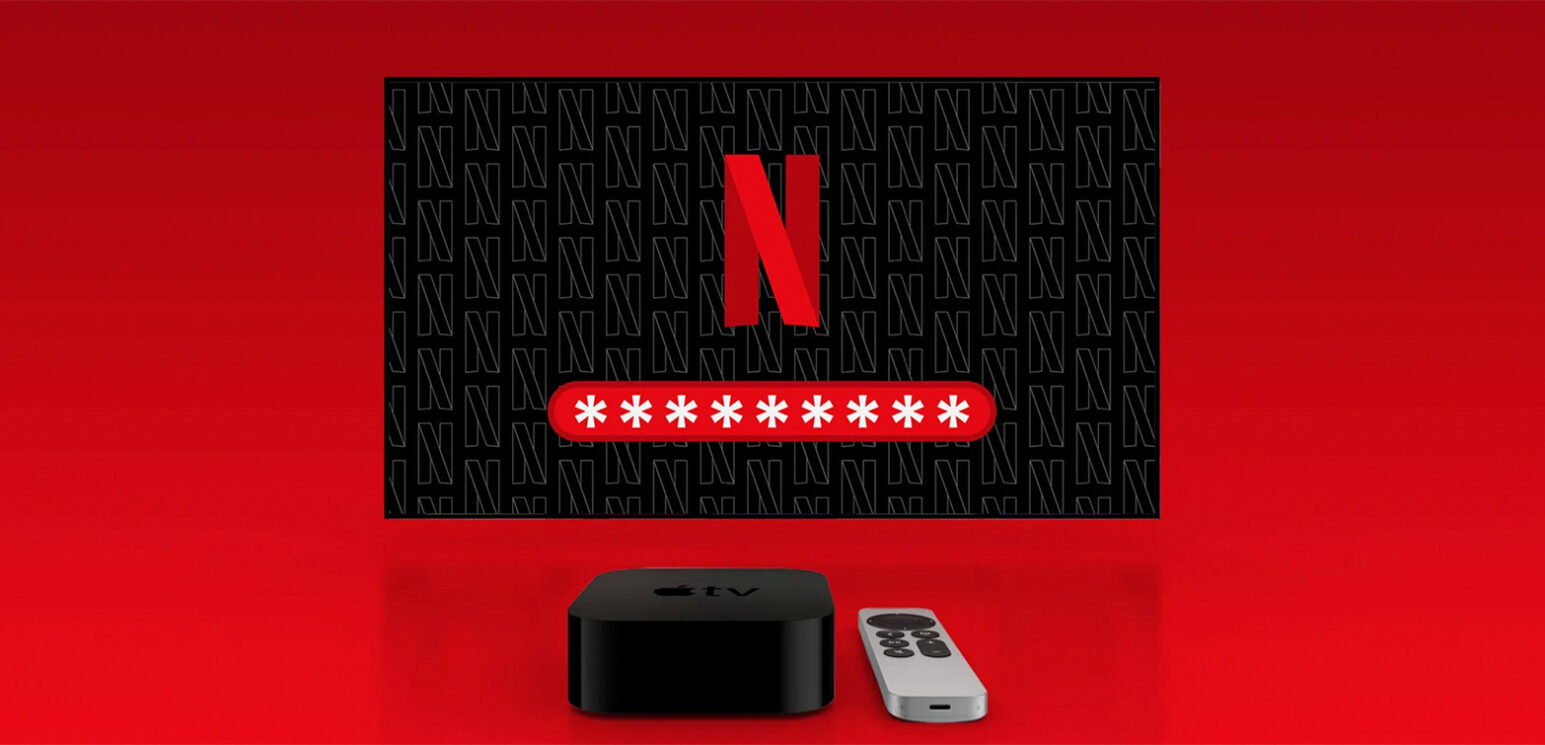I’m pretty sure it is brushed off as a victimless crime. After all, it’s easy to justify if someone is at least paying some money, so what’s wrong with sharing the benefits of that? As it turns out, Netflix is not too keen on that, which occurs whenever we share our password with someone living outside our home. The company has been in the news the last couple of weeks, first for announcing a planned crackdown, and then the outrage that followed.
Turns out the company also accidentally let slip some information it had not planned on releasing.
Password sharing is likely as common as driving eight over the speed limit. It’s OK, right? They’re already making zillions of dollars, so what’s wrong with letting my cousin, sister, daughter, whomever, have my password so they can watch a little television? Unfortunately for Netflix, they set themselves up for this back in 2007 when they started streaming, without an easy way—at least then—of tracking down the ne-erdowells.
But they plan to do so soon, with condescending proclamations they will crack down and monitor IP addresses, device IDs, and more to make sure that only one household is using an account.

Cue The Fear
Amid these fear-instilling statements, though, was information about how they had been test marketing the crackdown in Chile, Peru, and Costa Rica, which essentially amounted to a surcharge of about $3 a month to add two more users not within the household. Oops. They took down that information from their web page once the dog pile hit the fan, and have back-pedaled a bit by saying the changes are not coming yet. Emphasis on yet.
Essentially, the proposed plan would require that the account holder login at least once every 31 days from their home base, which is a recognizable IP address that Netflix will use as comparison for all other logins. Supposedly this allows for the account holder to travel, but must also return home, which effectively amounts to a 31-day leash. Netflix has said it would issue temporary access codes for those away long than that, though.
Unanswered Questions
While the method seems straightforward, there are too many unanswered questions. What if you use a VPN on your device? That means your IP is always changing. What if you have multiple devices within your possession, and take them to office or coffeeshop? What if you are a full-time RVer who does not have a home base, and is always in a different campground? Oh, and what about divorced couples whose children shift back and forth between their parents’ homes?
In other words, there are some holes in the plan, and it is going to rankle those people affected. And, of course, it will make others irate if only because they have grown comfortable with speeding. I mean sharing passwords.
Words Of Advice
If anything, Netflix needs to go back to the drawing board to figure out how best to package their various user bundles, which includes number of devices streaming at any one time, as well as locations. Rather than sound foreboding, as if they are going to send out vile lawyer letters or have the police set a streaming trap, they should be a little more upbeat and say, for example, “For $20 a month, you can stream up to four devices at up to three IP addresses at a time.” This way the focus is on benefits, not punishment.
Shame on Netflix for having waited 16 years to try to solve a problem that has been growing ever since the inception of streaming. By fumbling the ball, they wound up getting a lot of highly targeted bad PR, from social media to late-night comedians. It seems the company glossed over the issue until it noticed a downturn in subscribers last year. That’s when it offered the reduced-price subscription plan with ads. Although numbers did level off, the company is not satisfied, and has actually stated they realize they will lose some people along the way.
You can bet the other streamers are watching closely, because this issue affects all of them. Basically, Netflix has already shown everyone how not to address the problem. It’s up to Netflix to fix it, or let someone else do it right down the road.
Dr “Just Take My Money—I’m Good“ Gerlich


